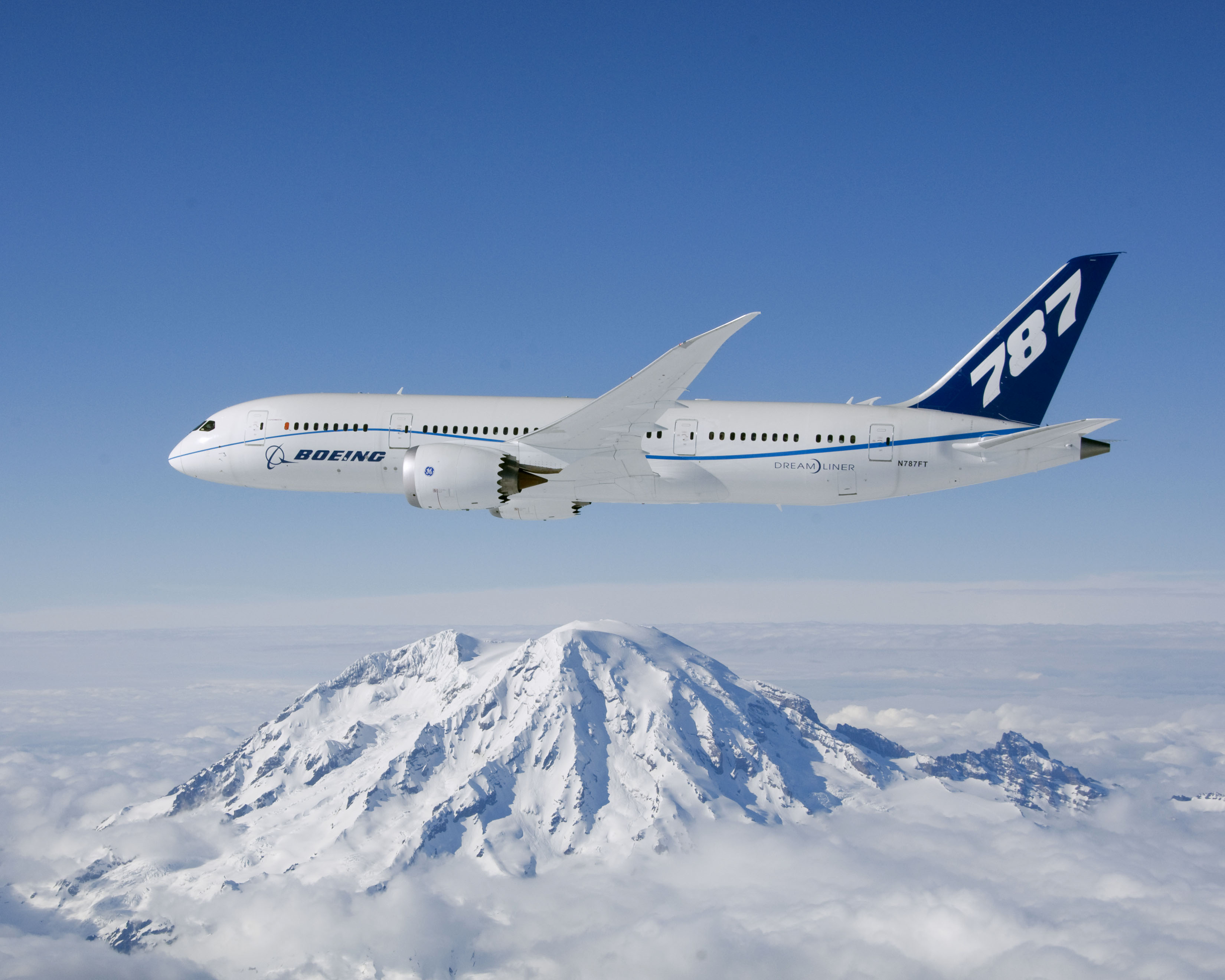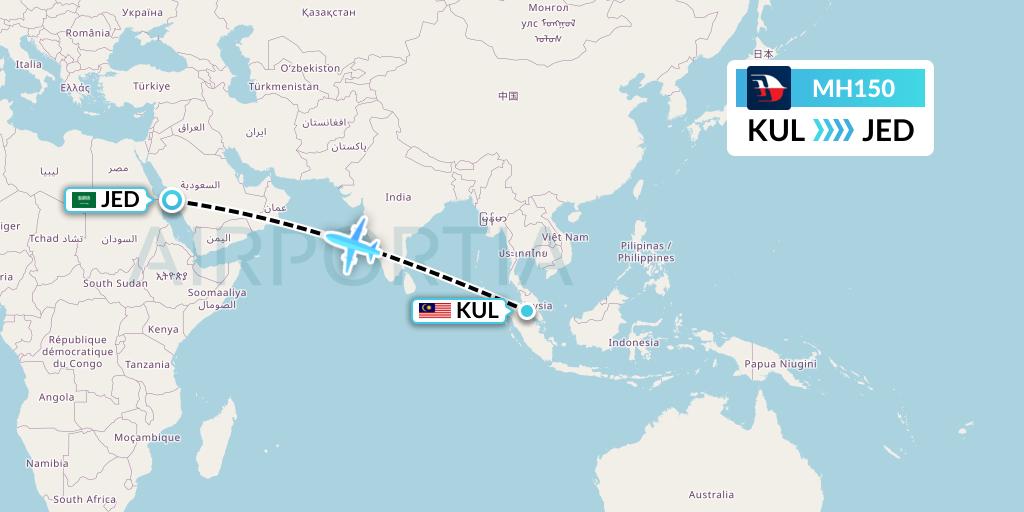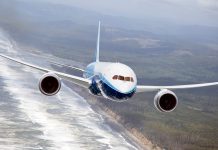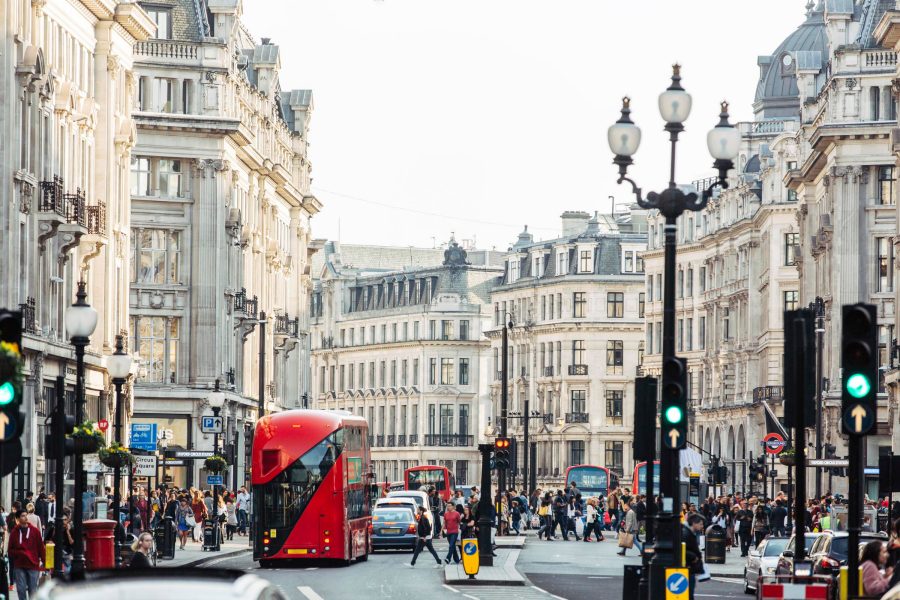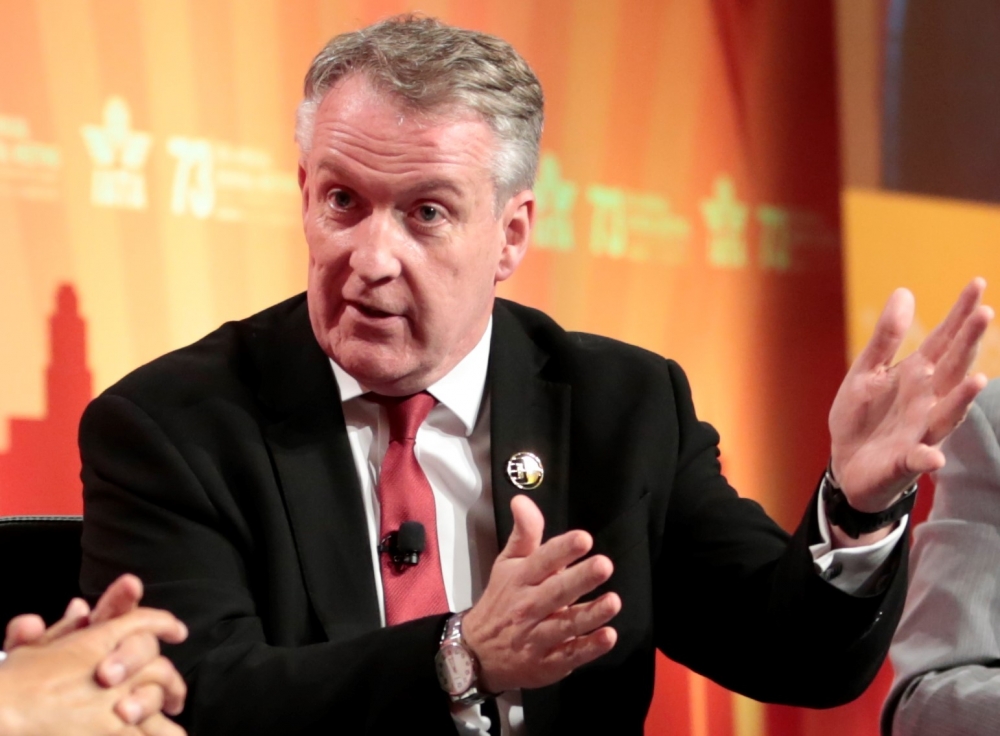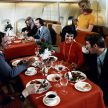Malaysia Airlines’ brand has recovered from the battering it took from the loss of two aircraft in 2014 and the carrier is now seeing load factors of more than 80 per cent, according to chief executive Peter Bellew.
Bellew said the crashes were something that would never be forgotten within the Kuala Lumpur-based airline and they were still having a massive impact on colleagues.
“I’ve no doubt there are many people that have a negative perception of us because of what happened,’’ he said Monday ahead of the CAPA Australia Pacific Aviation and Corporate Travel Summit in Sydney. “But the brand I believe has recovered very well in pretty much all marketplaces.
“You don’t get load factors of over 80 per cent if there’s something wrong with your brand.
“The month of December last, we hit a network wide load factor of 90 per cent. That was the highest load factor of any full-service carrier in the world last December so there is nothing wrong with the brand, the brand is strong.’’
Bellew’s predecessor considered changing Malaysia’s brand and livery after the mysterious loss of MH 370 in March, 2014, and the destruction by a Russian-made missile of MH17 three months later.
But Bellew said he decided quickly to keep it after talking to thousands of customers at the airport.
“I could see they loved Malaysia Airlines, they loved what the airline had stood for 40 years so I took the decision we’d stick with the brand,’’ he said, admitting it was “a little bit retro’’.
Bellew did not know if finding the wreckage of MH370 would help the airline but he believed scientific advances meant it would be found in the next three for four years.
However, he argued there was more scientific work to be done before the search was resumed.
“The search has moved from trawling the sea to scientific research around locating realistically where the aircraft is,’’ he said.
“There are a lot of bright people in a lot of universities and other companies who are spending a lot of their own resources at the moment and coordinating with authorities to try and work out that part of the challenge.
“I think that’s time better spent right now and then once they have a firmer fix on where they think the wreckage may be and then you go back to the more traditional (search).
“The advances are taking place in data analytics are so rapid in many fields at the moment, it wouldn’t surprise me in the next three or four years if somebody isn’t able to cross -reference data and have a much better attempt at locating it.’’
The straight-talking Irishman — a 30-year industry veteran who came to Malaysia Airlines after holding a series of senior positions at low-cost carrier Ryanair — said the carrier remained on track to return to profitability next year and be publicly relisted in 2019.
“We expect to be profitable and cash positive in the second half of next year,’’ he said. “We would have reached there earlier but unfortunately I couldn’t control the election of Donald Trump and we saw a 6 per cent weakening in the ringgit against the dollar which hit us this year on some costs.’’
Many of the airline’s problems pre-dated the crashes and Bellew has been working to repair its reputation with the travel trade and passengers. A switch to the Amadeus passenger service system is allowing to re-establish codeshares with other carriers and travel agents. It is also upgrading Its fleet, lounges, in-flight entertainment and food offerings.
The strategy has already seen the load factor on its Australian routes averaging 90 per cent for the first six months – up 9 per cent — with revenue per available seat kilometer posting a double digit increase.
Bellew is committed to preserving the airline’s status as a full-service carrier, reversing moves by his predecessors to push business mainly through the Web and axing plans to unbundle fares.
He said the airline would not be charging extra for bags, food, entertainment or credit card use.
“So at a time when everybody else is starting to skim people for these things, we’re not going to do that,’’ he said.
“We want to regain our position over the next couple of years … the perception of a quality five-star carrier dealing with business people.’’
The fleet upgrade includes six Airbus A350s due to begin arriving later this year as replacements for the carrier’s A380 superjumbos. They will be used initially on the Kuala Lumpur-London route with other routes still under consideration.
Bellew said many of the improvements would come together by the beginning of next year at which point it will be a case of educating people about the change.
“So I think we’re about six or seven months from getting the quality back to where it needs to be and then it will be about convincing people that it’s there,’’ he said.
From a network viewpoint, the airline sees China as a big growth area and it is the focus this year of the biggest expansion in the airline’s history with 11 new routes.
But it also sees opportunities in Australia, with double daily Boeing 737 flights to Perth and widebody flights to Brisbane on the cards, subject to aircraft availability.
An increasing number of Malaysians are visiting Australia and Bellew wants the airline to rekindle efforts to sell Malaysia to Australians as an affordable destination. He also sees Kuala Lumpur developing as a hub for people wanting to visit China.
Talks are now underway with both Boeing and Airbus as well as aircraft lessors about additional aircraft.
“What I’m trying to do is put extra widebody capacity in place for the second half of next year and 2019,’’ Bellew said, noting this would give the airline the capacity to service Brisbane.
Also in the pipeline when the airline receives its Boeing 737 Max 10 aircraft in 2021 are lie-flat business seats similar to the Mint product introduced by JetBlue in the US.
“I’m shamelessly copying what JetBlue have done,’’ Bellew said, describing Mint as a “fantastically innovative product”’ that would be popular on routes to China and Perth.


